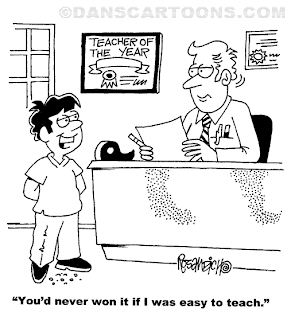As a teacher, I know that I must look back on the effectiveness of a lesson and its activities. Evaluating the materials that I bring to the classroom strengthens my ability to organize and plan for future lessons. Through reflection, I am able to see areas of lessons and activities that may need clarification. As a teacher, I will constantly look for ways to help my students grow. Reflecting on previous lessons helps teachers create new ideas and find new materials or activities that will challenge and engage their students. Developing as an individual, a student, and a teacher involves reflection. The program at Central Methodist University has given me ample opportunities to reflect on material that I have learned, on the teaching styles of professionals I have observed, and on lessons that I have taught. As you explore the benefits of reflection, you have to first ask yourself, What 'should' we reflect upon? How can we identify our values and our assumptions? In order to develop reflective abilities you must think and acknowledge all these processes. To grow in our skills and to best serve our students, we need to look not only at our teaching content, but also the lenses through which we view our teaching. Reflection allows us to see what is not always self-evident. Developing our skills as a reflective practitioner, and receiving value from this procedure, can be enhanced by a greater understanding of the actual process of reflection. This understanding can enable us to ask ourselves vital questions and discover what our own learning needs are. I have learned that reflection is an essential part of the teaching profession. By reflecting and identifying areas that I need growth has been a benefit to not only me, but the students that I teach, which is the MAIN reason why as educators we should strive to do our best.
Education is the ability to listen to almost anything
without losing your temper or your self-confidence.
-Robert Frost



